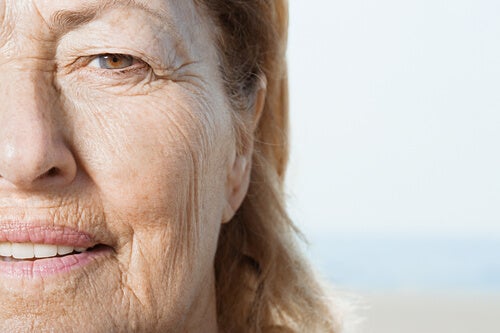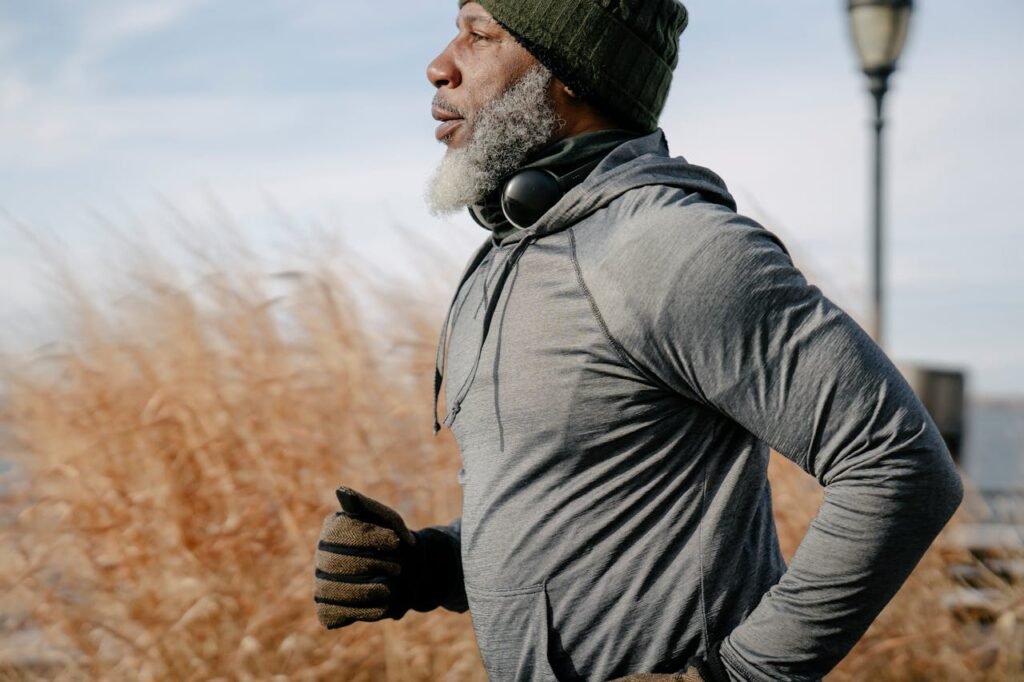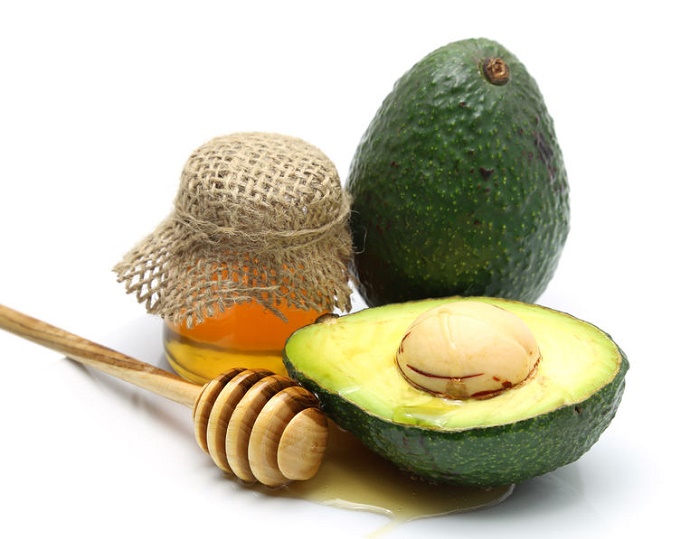Why do we grow old?

We all wonder why we age. Aging is an inevitable physiological process. We tell you what you should know about him.

Although it is true that we do not all age at the same speed or in the same way, it is clear that aging is an inevitable physiological process that is associated with many changes in our body.
But why do we age? What really happens in our body for this to happen? We tell you everything you need to know about this process.
Table of Contents
What is aging?
Aging is defined as a set of changes that occur in the body, both morphological and functional, as a consequence of the passage of time. This process means that the body, in general, gradually loses its capacities. In the end, a failure in the function of one or more organs leads to the death of the person.
Thanks to scientific advances, the life expectancy of people has increased considerably, especially in the first world. However, aging, in addition to being inevitable, is still a process that scares many.
We all want to live longer and with a good quality of life. For this reason, we often wonder why we age. We will talk next about what really happens.
Why do we grow old?
Science has made it possible to progress more and more in deciphering what actually happens in the aging process. Different modifications have been discovered that take place at the molecular level and that would explain the changes that we observe on a large scale in people. Some of those changes are as follows.
Genome damage
The genome is the set of genetic material, made up of DNA, present in every cell of our body. It contains the information for the formation and function of each part of the human body. Over time, it suffers constant damage by physical and chemical agents and even by substances of the individual.
DNA itself has machinery for the detection and repair of damage. However, over the years, the alterations are greater and greater and the machinery begins to fail, so that they accumulate. Cells and organs can stop working as they should and cancer, for example, is possible.
Why do we grow old? Telomere instability
Our DNA is organized into chromosomes, which are a condensed form of genetic material. They are especially important in cell division. Telomeres are the ends of them. They are in charge of giving stability to the structure and helping cell division to occur correctly.
What happens is that, with the successive divisions that the cell carries out, these telomeres get shorter. As a result, there is a loss of stability in the genome which, in the end, will result in more cell damage and mutations.
Loss of balance of proteins
Our genetic material contains the information necessary for the formation and structural conformation of proteins. Proteins are very important molecules in our body. They carry out various functions, such as the transport of other substances, the support of some structures or the transmission of messages.
When DNA is damaged, the instructions for these molecules to form and fold correctly fail. This causes proteins to form that cannot carry out their function.
If this happens on a large scale and many pathologies accumulate, the processes of the human body are affected. The more genetic damage there is, the more proteins in poor condition and the more failure of functions. Thus, everything is linked to aging.
Why do we grow old? Other changes
In addition to those we have named, other series of changes also occur in cells. Some of them are the following:
- Stem cell depletion: they lose their ability to divide and generate young cells.
- Cell communication problems that can be due, for example, to the dysfunctional proteins that we have talked about.
- Accumulation of toxic substances in the mitochondria by respiratory processes.
Healthy aging
The set of all these changes and processes that take place at the molecular level translate into a deterioration of the functions of the organs and systems of the body. This loss of function is what we observe as aging.
In addition to this, we must bear in mind that aging does not depend only on our genetic material. The lifestyle we lead and the substances and conditions to which we expose ourselves also have a considerable influence.
For this reason, it is important to lead a healthy lifestyle, which includes a healthy diet, exercise, and avoiding substances that can be harmful, such as tobacco or alcohol. Aging is inevitable, but everyone can try to do it in the best possible conditions.


